Our aim goes far beyond delving into recipes and teaching culinary techniques; we intend to promote sustainable eating as an essential part of preserving humans’ relationship with nature. As such, we invite anyone who shares this same conviction or has a secret family recipe they would like to share with the rest of us to visit us online or contact us at [email protected] for all collaborations and submissions. Let’s show appreciation for those that dedicate their lives using natural deliciousness to establish meaningful human bonds through cuisine!
For now, love yourself and enjoy this one ...
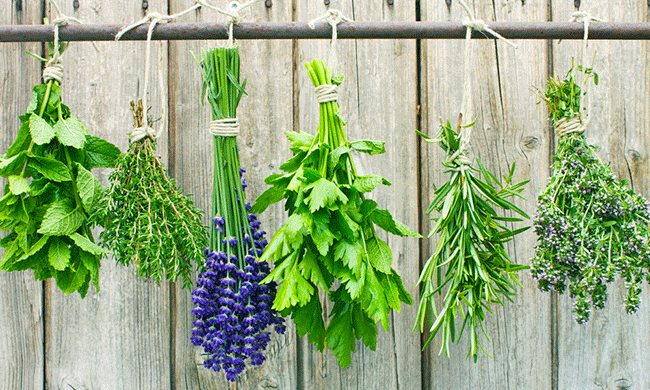
Frequently Asked Questions
Is basil good for kidneys?
The answer is yes. Basil is an excellent food for kidney health. It contains potassium which helps reduce high blood pressure. It also contains vitamin K, which is essential for bone strength. As well as this, it is rich in antioxidants which help protect against heart disease.
Basil is great for digestion too. It contains digestive enzymes that break down protein and carbohydrates. This makes it easier to absorb nutrients from your meals.
Basil is a wonderful addition to any diet. Try sprinkling some over pasta dishes, salads, soups, and sandwiches. Or add little stir-fried vegetables, chicken, fish, meat, and tofu.
It's delicious in pesto sauce and fresh in salad dressings. You'll find many recipes online where you can learn how to cook with basil.
Try making basil oil by adding a few drops of pure olive oil to a jar filled with chopped basil leaves. Let it steep overnight, and then strain out the leaves. Use the oil as a massage oil or rub it onto your skin.
It will leave your skin soft and smooth.
How do you make medicinal herbs?
There are many different methods to make herbs into medicinal products. The most common method is to dry the herbs in a warm, dark location before grinding them into a powder or extracting their essential oils. This can be accomplished by hanging herbs upside down in bunches, laying herbs on a drying screen, or using a food dehydrator.
Once dried and ground, herbs can be stored in airtight containers for future use. Other herbs may require special preparation, such as infusing herbs into oil or vinegar, making tinctures with alcohol, or distilling herbs to create essential oils.
Learning the correct techniques for preparing herbs can help ensure that they retain their medicinal properties and potency for optimal health benefits. Using fresh herbs is usually best, but herbs can also be grown in a pot or garden and harvested when they are mature. Herbs can be purchased at health food stores, online retailers, and specialty shops.
No matter where herbs come from, the preparation techniques remain the same; drying herbs in a warm location followed by grinding or extracting the essential oils. You can make your medicinal herbs with the right herbs and preparation techniques.
When making herbal preparations, it is essential to remember that herbs can vary in potency, so always dilute herbs before use or follow the directions on any product label. Additionally, herbs are best used fresh, as many of their beneficial components degrade over time.
Following safety guidelines and paying attention to the potency of herbs can help ensure that you get the most benefit from your herbs. With a bit of practice and preparation, anyone can make therapeutic herbs with medicinal properties. Remember that herbs should never replace any medical advice or treatments prescribed by a doctor. Always consult a licensed healthcare professional before using herbs medicinally.
Which herbs are healing herbs?
If you look for healing herbs, you won’t find them in the supermarket. There isn’t any place to buy them. There is no store selling them.
You haven’t been able to find healing herbs because they aren’t sold anywhere. They are grown right here in our backyard.
Healing herbs are plants that grow naturally in North America. Like many common household items, these herbs grow throughout the United States and Canada.
These herbs treat minor ailments such as colds, flu, sore throats, coughs, and headaches. Many of these herbs have been used for centuries to help heal wounds and promote overall health.
Of course, when we say “heal,” we mean more than simply treating an illness. We also refer to the ability of these herbs to restore balance and harmony within ourselves and the world around us.
For example, the chamomile herb helps relieve stress. This means that if you feel stressed out, you may benefit from taking chamomile tea. Chamomile tea has been shown to reduce anxiety and nervous tension.
In addition, chamomile tea has been proven effective in relieving insomnia.
Chamomile tea has many other benefits, including its ability to ease stomach aches and gas pains and even improve digestion.
Another popular healing herb is Echinacea. Echinacea is known for helping to fight infections and boosting the immune system.
Echinacea is commonly taken internally and externally to fight infection, prevent viral diseases, and boost immunity. It is safe to use during pregnancy and lactation.
Echinacea also helps reduce muscle pain and inflammation. You can take echinacea orally or topically (as an ointment).
This herb is available in both liquid and capsule form. Liquid echinacea is often mixed with honey and lemon juice. The mixture is then strained and consumed.
Capsules are usually made of freeze-dried plant material. They contain standardized amounts of active ingredients. To use capsules, swallow one or two a day.
The third type of herbal remedy is called tincture. Tinctures are alcoholic extracts of herbs. They are typically used to treat internal problems. Tinctures are generally diluted before being ingested.
Tinctures can be taken orally or applied topically. For oral consumption, dilute tinctures with water. Some people prefer to mix tinctures with food.
Tinctures are easy to prepare. Put about one tablespoon of dried herb into a bottle containing enough alcohol to cover the herb completely. Allow the mixture to sit for several weeks. Then strain and consume.
You may want to try some of these natural remedies to see which ones work best.
What herbs should you take daily?
Depending on your health and wellness needs, many herbs can be taken daily to help improve your overall health.
Popular herbs for daily consumption include ashwagandha, turmeric, ginger, holy basil, chamomile, lavender, peppermint, and cayenne pepper. Ashwagandha is an adaptogenic herb that can help the body resist stress and anxiety. Turmeric is known for its anti-inflammatory properties, while ginger has been shown to aid digestion and boost immunity. Holy basil may help with managing blood sugar levels, as well as providing a calming effect. Chamomile can promote relaxation, while lavender is used in aromatherapy for its calming properties. Peppermint can help aid digestion and reduce nausea, while cayenne pepper has antibacterial properties that may boost your immunity.
As always, you must consult your doctor before taking herbs daily to ensure they are safe for you and do not interact with any other medications or herbs you may be taking.
There is no shortage of information on what foods we should eat and how much exercise we should do. But when it comes to what supplements we should take, there is a dearth of knowledge.
This is because most of us aren’t sure which ones work or which are junk. So we go online and look up whatever we can find.
But often, these articles are written by companies trying to promote their products. Which means they're usually biased toward their product.
So instead of finding unbiased advice, we end up reading marketing hype.
This makes sense since marketers make more money selling stuff than doctors.
The medical industry isn’t even allowed to advertise directly to consumers anymore. The best way to learn about natural remedies is to read independent reviews.
This is where you'll find real users sharing their experiences with each supplement. These sites give you an honest opinion of whether or not a particular herb helps.
Users will often share their experience with a supplement after taking it. This gives you a good idea of its effectiveness and any side effects.
You can also check out forums dedicated to herbalism. Here you can ask questions and receive answers based on personal experience.
Of course, there are plenty of other ways to learn about herbs.
There are books, websites, blogs, videos, podcasts, and classes. All of them provide valuable information about natural remedies.
Which spices from the kitchen are used to cure diseases?
There are more than 4000 medicinal plants that are widely distributed throughout the world. Some of these plants contain active compounds that may help treat various ailments.
In India alone, there are more than 1000 species of herbs that are used for medical purposes. This includes Ayurvedic medicine, Unani medicine, Siddha medicine, Homeopathic medicine, and Chinese medicine.
The most common ingredient found in these medicines is ginger. Ginger contains volatile oils that give it its aromatic flavor. These oils contain anti-inflammatory properties that make them useful against arthritis, fever, vomiting, and indigestion.
Ginger also helps relieve nausea and stomach cramps caused due to pregnancy. Pregnant women often consume ginger tea to reduce morning sickness. Ginger is also commonly used for cough and cold relief.
Another spice that is known to have medicinal value is turmeric. Turmeric contains curcumin which has been shown to inhibit tumor growth. This makes it an effective cancer treatment.
Turmeric is also considered to be very beneficial for joint health. It relieves inflammation and stiffness associated with rheumatoid arthritis. It is also believed to prevent osteoporosis.
Garlic, too, is another herb that is extensively used in traditional medicine. Its healing qualities include treating infections, asthma, heart disease, and diabetes and even reducing cholesterol levels. Garlic oil is also used to treat wounds and insect bites.
Garlic is a natural antibiotic that fights bacteria and viruses. The antibacterial property makes it ideal for treating respiratory tract infections such as bronchitis and pneumonia.
It is also helpful in preventing urinary tract infections.
Other spices like cinnamon, cloves, nutmeg, cardamom, black pepper, ginger, cayenne, mustard seeds, fennel, and coriander are also used to treat different illnesses.
Statistics
- The herbs market is highly competitive, with over 1,000 herb suppliers and over 15,000 herbs products available in the United States alone.
- For those with high cholesterol, garlic supplementation appears to reduce total and/or LDL cholesterol by about 10-15% (72Trusted Source73Trusted (healthline.com)
External Links
[TAG16]
[TAG18]
- Peppermint oil (Mintoil®) in the treatment of irritable bowel syndrome: A prospective, double-blind placebo-controlled randomized trial
- Curcumin reverses the effects of chronic stress on behavior, the HPA axis, BDNF expression, and phosphorylation of CREB
[TAG21]
- Ashwagandha | Memorial Sloan Kettering Cancer Center
- Grape Seed | Memorial Sloan Kettering Cancer Center
[TAG24]
How To
How do I know if my herbs have been treated with pesticides?
If you see a pesticide label on your herbs, the plants were sprayed with chemicals before being sold to you.
These chemicals harm human health and could cause cancer or other serious illnesses.
Unfortunately, this practice has become common around the globe. Many countries allow farmers to spray their crops with pesticides without proper regulation.
In order not to harm themselves, consumers should always ask about the source of their produce. If it comes from a farmer near you, it’s safe to assume it was not treated with pesticides.
However, there are still ways to ensure that your herbs are free from harmful chemicals.
However, if you want to ensure that your herbs aren’t contaminated, you can purchase organic herbs directly from the farm.
This way, you won’t need to worry about the safety of your herbs. You can trust that they weren’t exposed to harmful chemicals.
Resources:
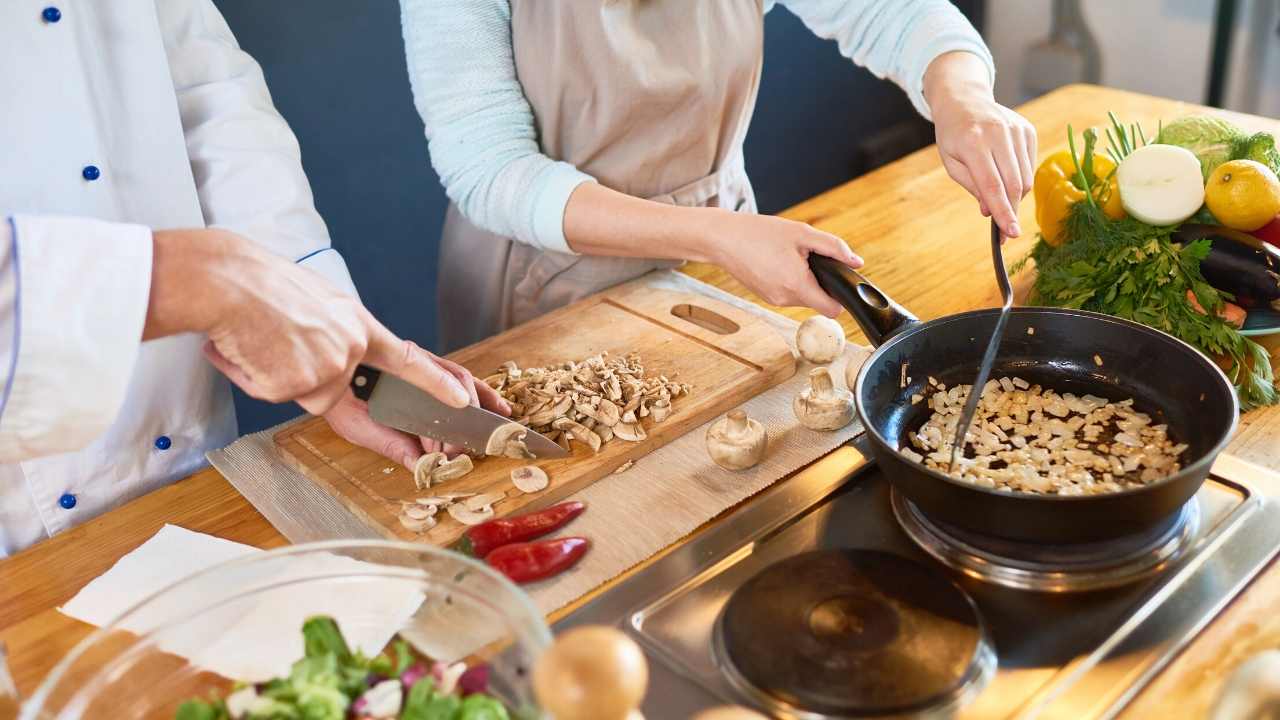 |
[TAG26]In this video we are starting out seedlings for our winter growing in the Tower Garden and we're taking you along for the journey! We'll show you just how easy |
 |
[TAG27]Hope you enjoyed this video and thank you for your support. Don’t forget to like, share and subscribe. PLEASE FOLLOW ME IN FACEBOOK https://www.facebook |
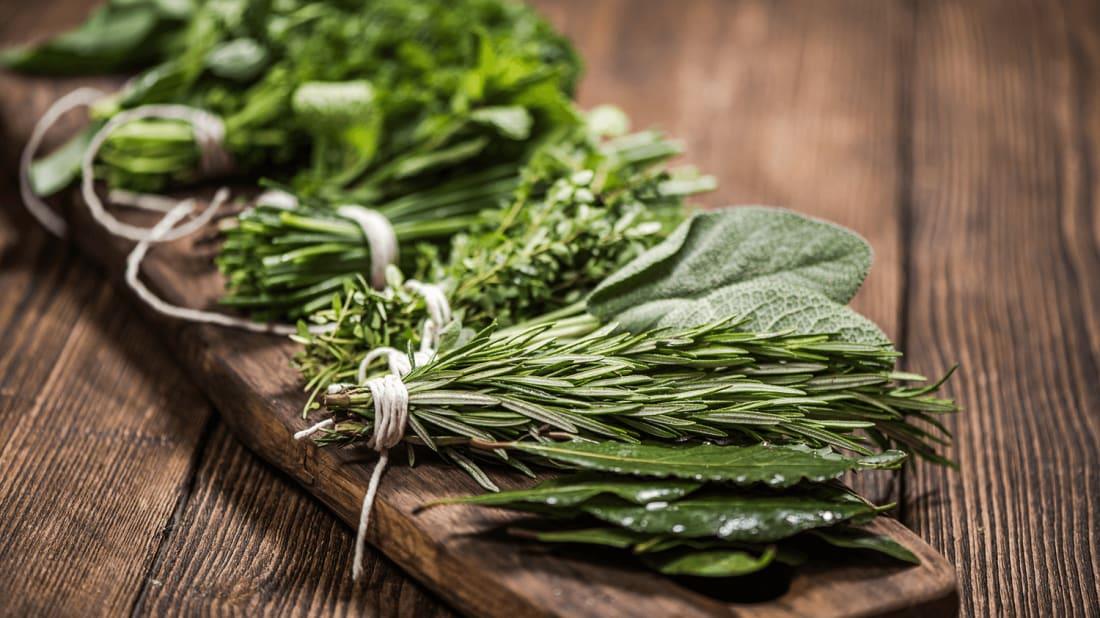 |
[TAG28]Learn herbs from respected professional herbalists offering world-class herbalist training. The NEW Professional Herbalist Course includes courses on over 600 |
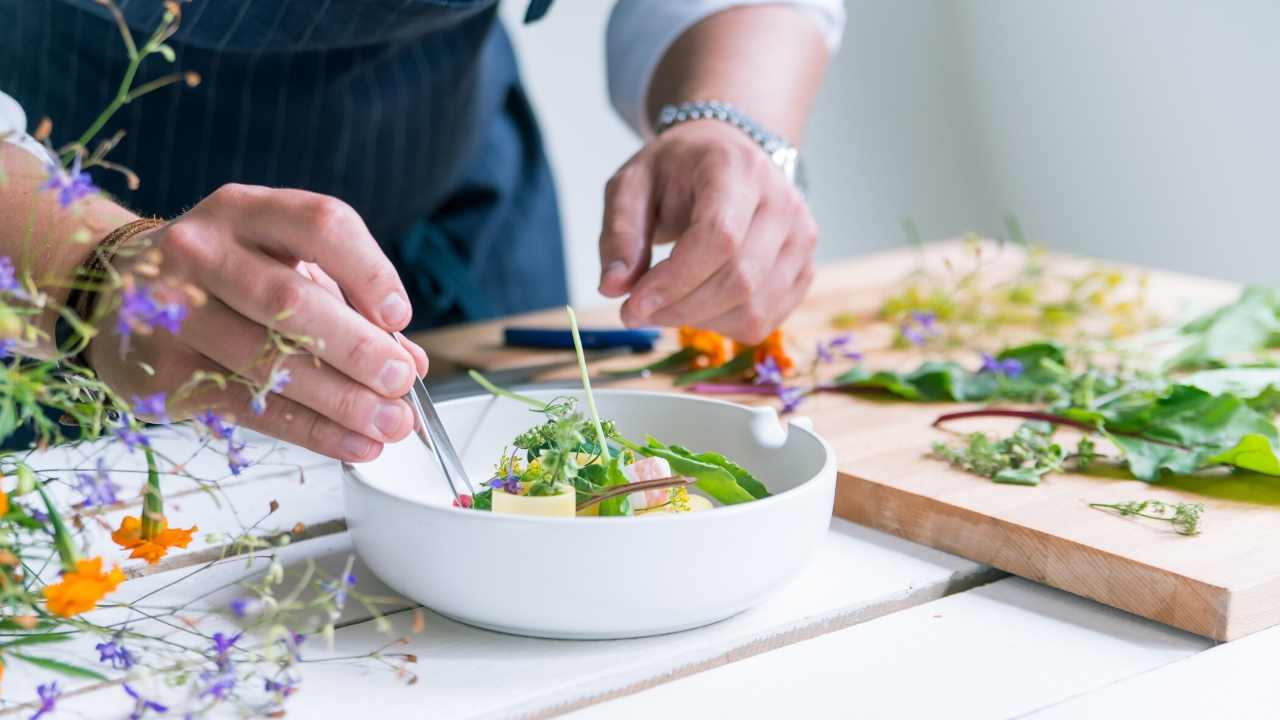 |
[TAG29]Who was the Marble Looking Man? Paul Sinclair shares his accounts of unusual and strange happenings in an around East and North Yorkshire. We now have |
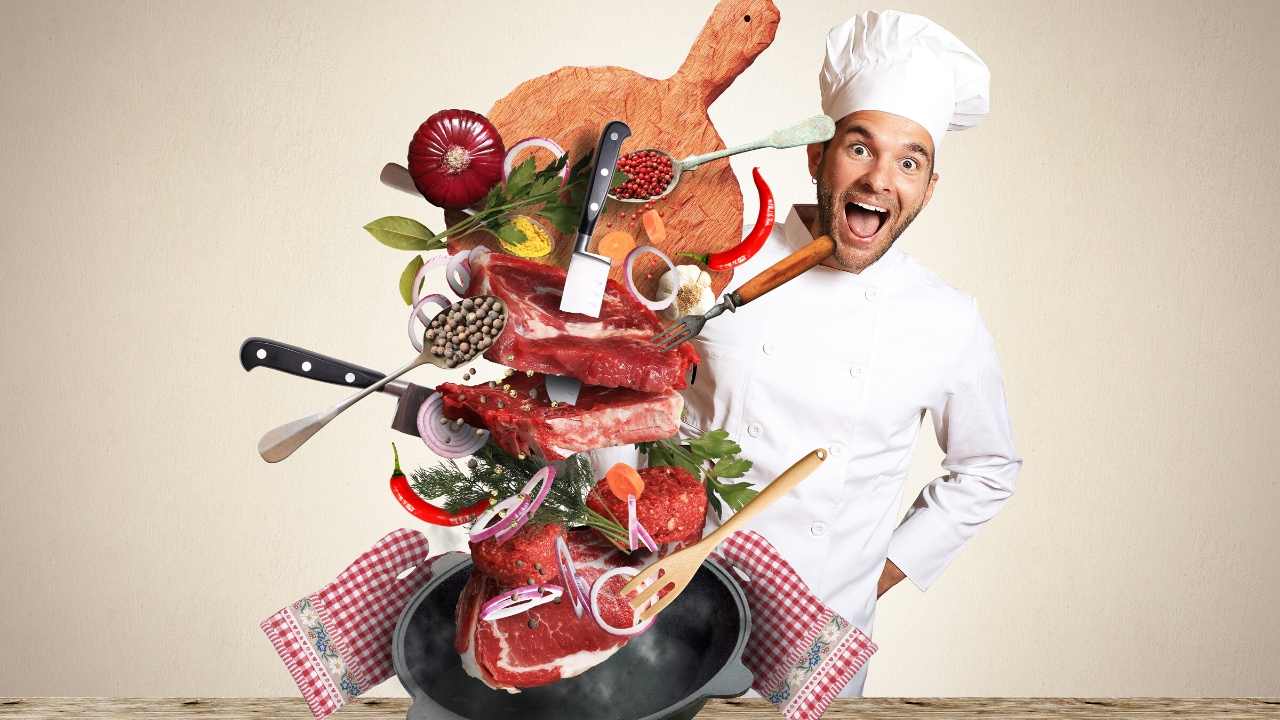 |
[TAG30]COFFEE MOANING the PODCAST ON APPLE PODCASTS: https://podcasts.apple.com/gb/podcast/coffee-moaning/id1689250679 ON SPOTIFY: |
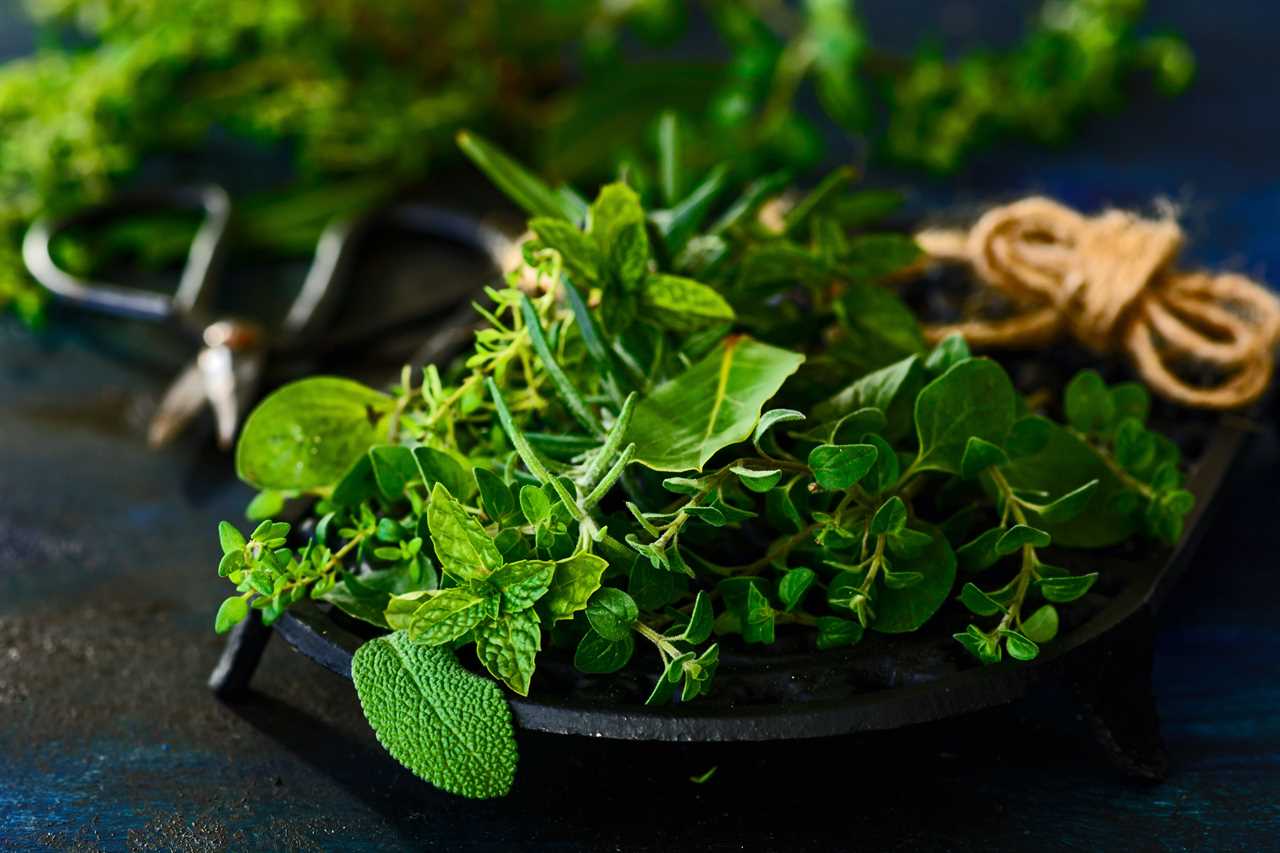 |
[TAG31]Find out more about herbs and how to use them |
 |
[TAG32]Are you eating healthy bread? If so, this video is a must-watch before you take another bite of those seemingly innocent slices. Bread might be a staple, but |
 |
[TAG33]Patrick Bet-David, Adam Sosnick, Tom Ellsworth and Vincent Oshana discuss Bill Maher's appearance on Roseanne Barr's podcast where he denies knowing MK Ultra, |
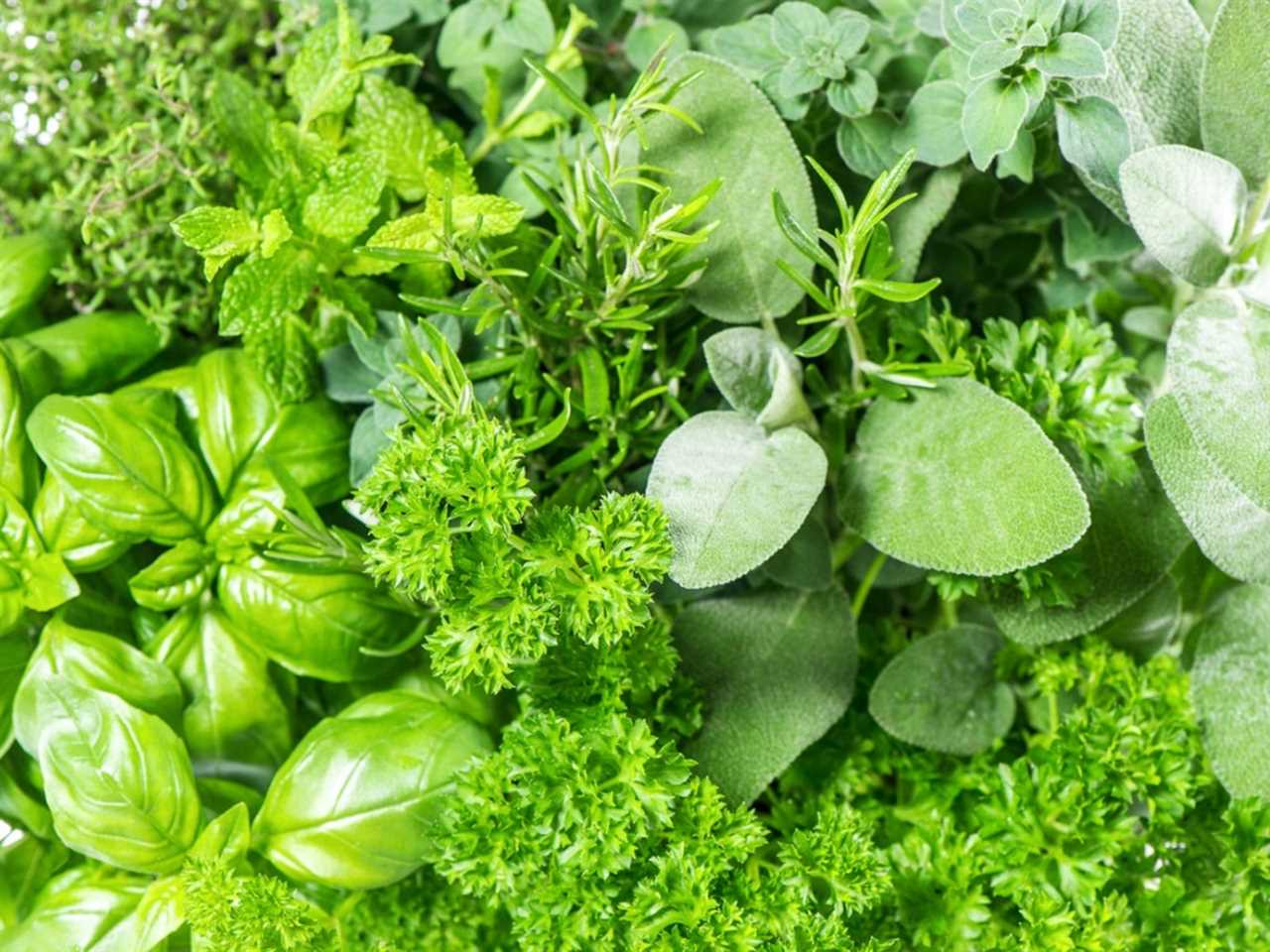 |
[TAG34]Like life, tea is what you make of it and The Cup of Life helps individuals enjoy tea in more than one way. Join me on my tea adventures through my blog! |
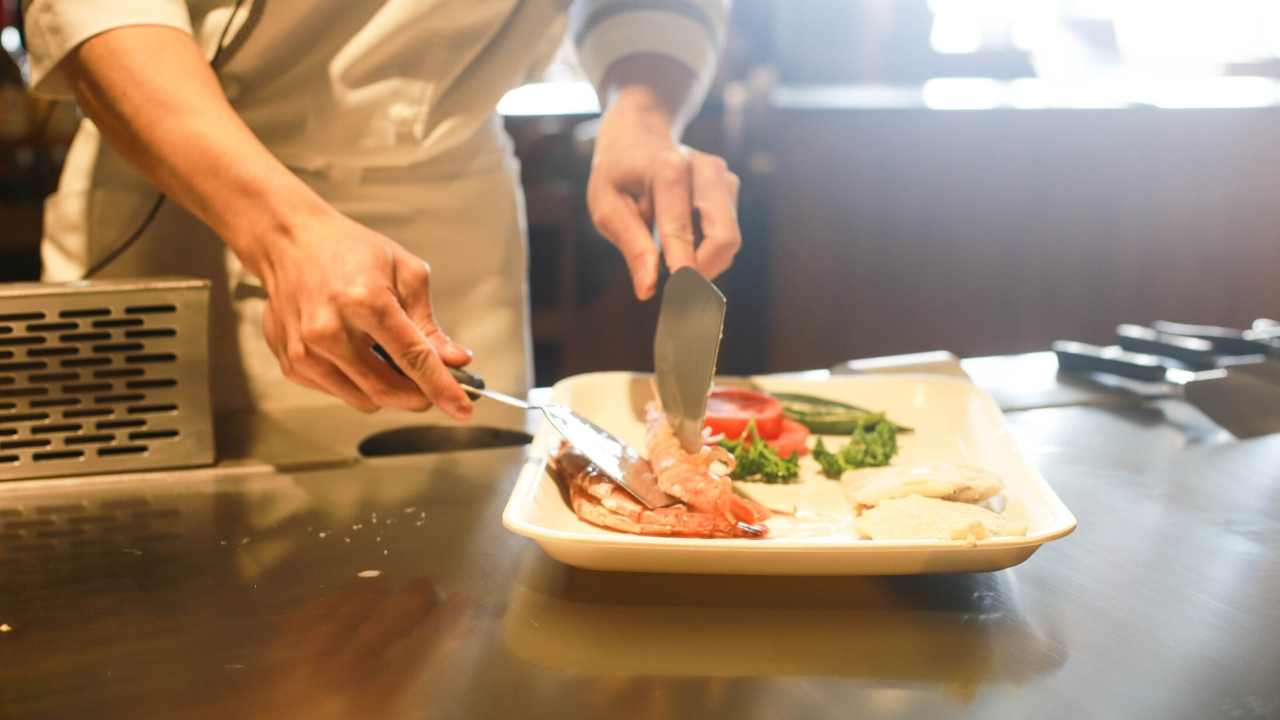 |
[TAG35]Use Code THOMAS25 for 25% off Your First Order from SEED: https://www.seed.com/thomasyt Obesity Pandemic - Willpower vs Genes vs Environment This video |
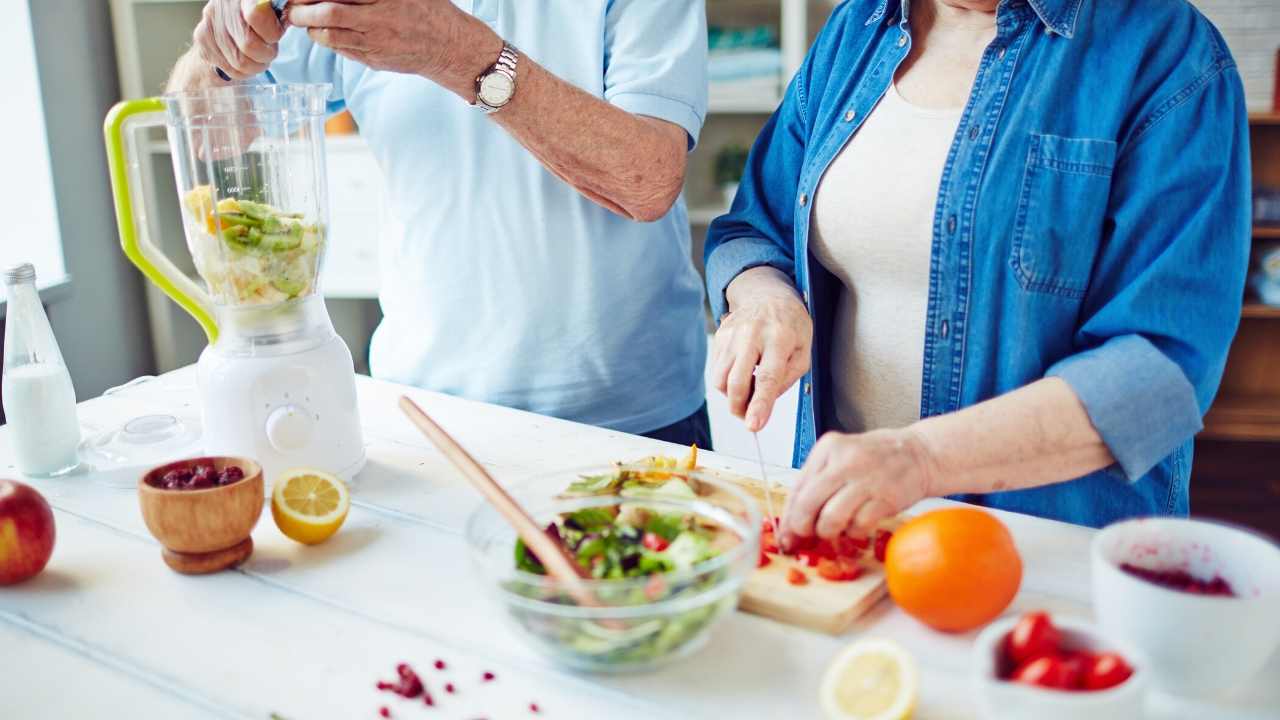 |
[TAG36]Harvesting self-grown vegetables - bursting with emotions when the old lady handed over the red book Thank you for watching my video. Wishing you good health, |
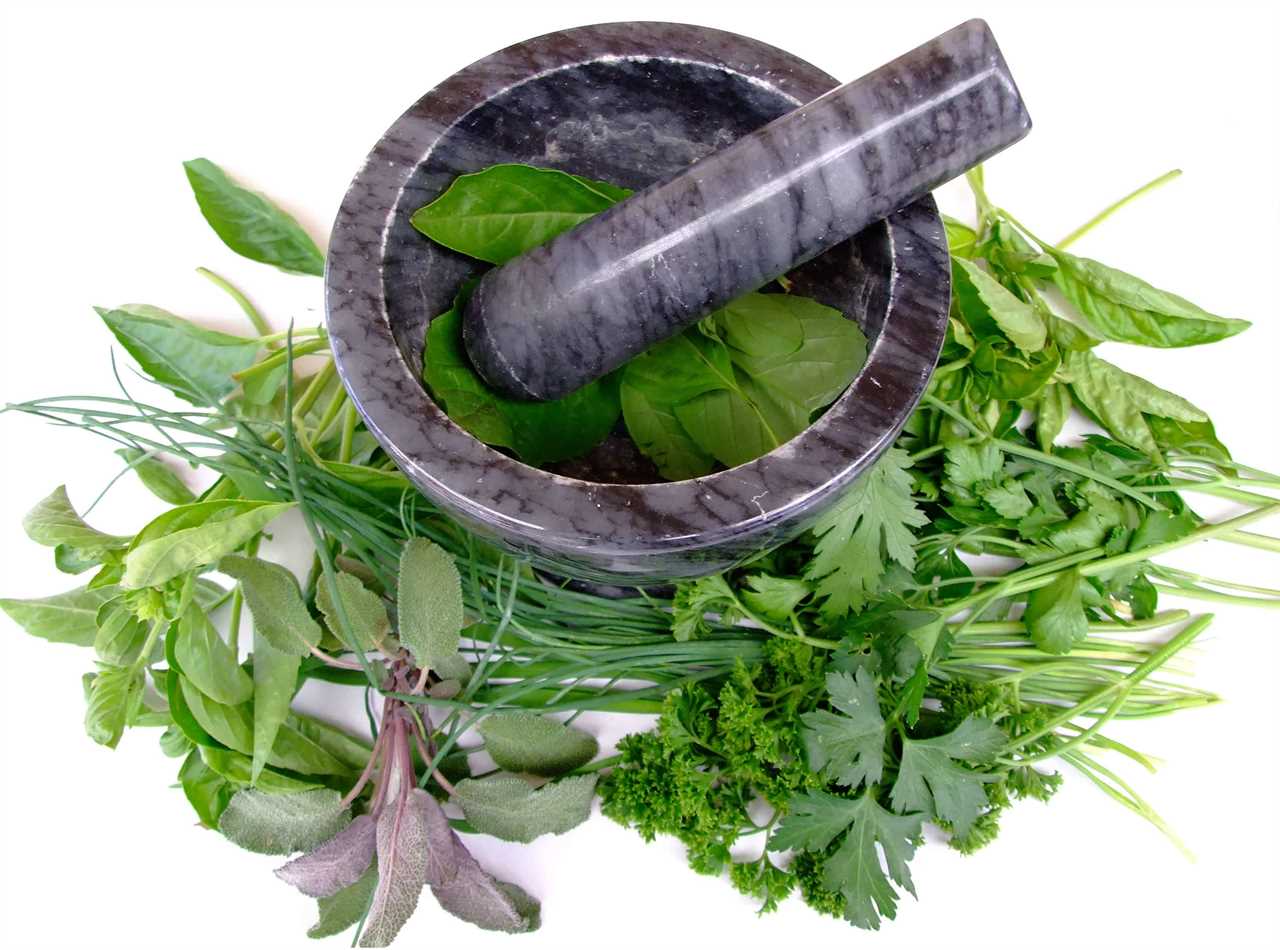 |
[TAG37]A tea assessment platform that rates teas based on objective quality markers and a sensory evaluation resulting in a list of the best teas produced each year. |
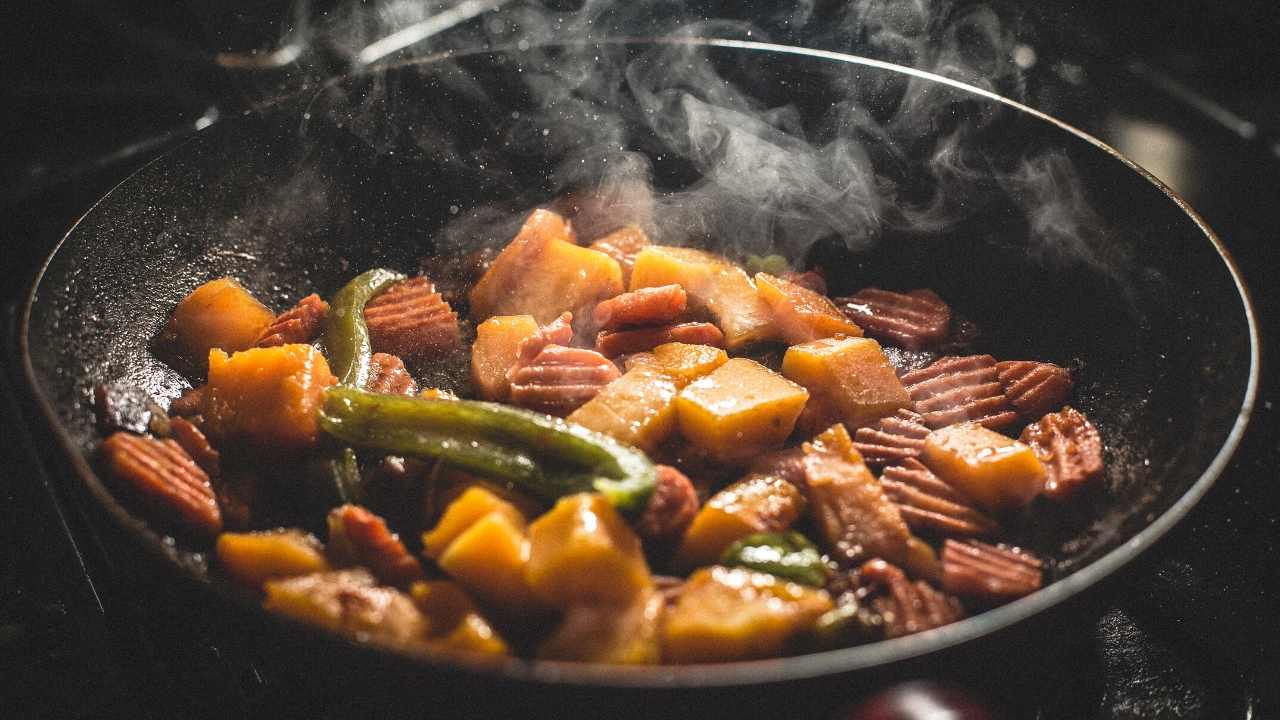 |
[TAG38]In This Video I'm Gonna Show You How To Find And Farm All 7 Herbs In Terraria! Enjoy ! :) #terraria #guide #tutorial |
 |
[TAG39]Former President Trump in recent remarks is now working to portray President Biden as a threat to democracy, saying Biden 'is the destroyer of American |
Did you miss our previous article...
https://belovedsaffron.com/herbs/jpmorgan-ceo-warns-crypto-holders-bitcoin-to-zero
.png)





